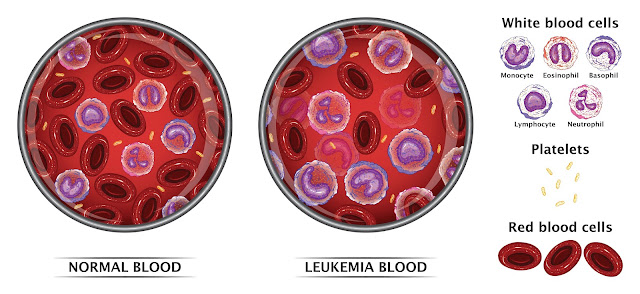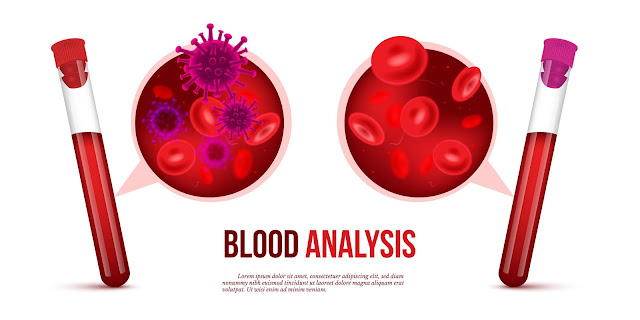Do I Only Need To Visit A Hematology Doctor When Suffering From Cancer?
Many misconceptions revolve around "Hematology Doctor", and the most common myth is that he can only help with blood cancer. But it is just a myth as the expertise of any medical specialist cannot be limited to a few disorders and diseases. Let's discuss the expertise and responsibilities of a blood specialist to debunk the myth.
Who Is A Hematology Doctor?
He is a specialist in treating and diagnosing blood-related diseases, including abnormal blood tissue disorder, blood deficiency, or any medical problem related to organs producing blood (bone marrow or spleen). Many a time, a part of the knowledge of a hematologist may overlap with an Oncologist Doctor which leads to confusion that a blood specialist is only proficient in treating blood cancer.
Medical Problems That He Can Treat
Before pursuing specialization, he gained the knowledge required to become a general physician and hence can also help in common ailments like fever, headache, flu, etc. The blood-related problems that a hematologist may treat effectively can be categorized as follows:
- Bleeding disorders like hemophilia
- Genetic blood disorders like sickle cell disease
- Blood cancers that as per oncology
- Blood cell disorders like anemia
- Systemic blood infections like septic shock
- Obstructive disorders like arterial thromboembolism
- Autoimmune diseases like rheumatoid vasculitis, thalassemia, etc.
- Problems related to bone marrow
Proficiency Of A Hematology Doctor In Treatment & Diagnosis Procedures
The majority of medical conditions related to hematology require a blood test for diagnosis and a treatment plan from a hematologist. But apart from diagnosing blood conditions, a blood specialist may also play the role of a physician, Oncologist doctor, surgeon, etc. in some cases. But the prime reason to become part of such a diverse team may be blood-related problems or risks.
According to the severity of the blood-related condition, the treatment plan is a draft that can involve the following procedure:
- Bone marrow aspiration:- It means the extraction of a liquid part of bone marrow for the diagnosis of blood cancer. Extraction of the solid part of bone marrow with the same purpose is called Bone marrow biopsy.
- Magnetic resonance angiography (MRA):- Imaging test to get a cross-sectional image of blood vessels.
- Hemoglobin electrophoresis:- A blood test to diagnose genetic blood disorders.
- Human leukocyte:- A blood test to check the match between the bone marrow of a donor and a patient.
- Positron emission tomography (PET):- An imaging test to find the areas of cancer
- Lumbar puncture (spinal tap):- Extraction of cerebrospinal fluid to check the presence of cancerous cell in the sample
- Surgery:- In some cases, surgical treatment is suggested to cure the problem.
- Transfusion:- In cases like severe anemia, this process is recommended to transfuse healthy cells into the body.
- Stem cell and bone marrow transplants:- A treatment option for some benign blood orders and blood cancer conditions.
- Immunotherapy:- An Oncologist Doctor may recommend this therapy to boost immunity so that the body can fight against cancer.
- Chemotherapy:- This procedure is suggested to treat blood cancer and utilizes high doses of drugs.
- Radiation therapy:- A cancer treatment that involves high doses of radiation to eliminate cancer cells.
Final Words!
A Hematology Doctor is an expert in blood-related diseases and can also help in other procedures which involve the diagnosis of blood cells or bone marrow. So you can consult a blood specialist whenever required and don’t relate every blood disease to cancer.



Comments
Post a Comment